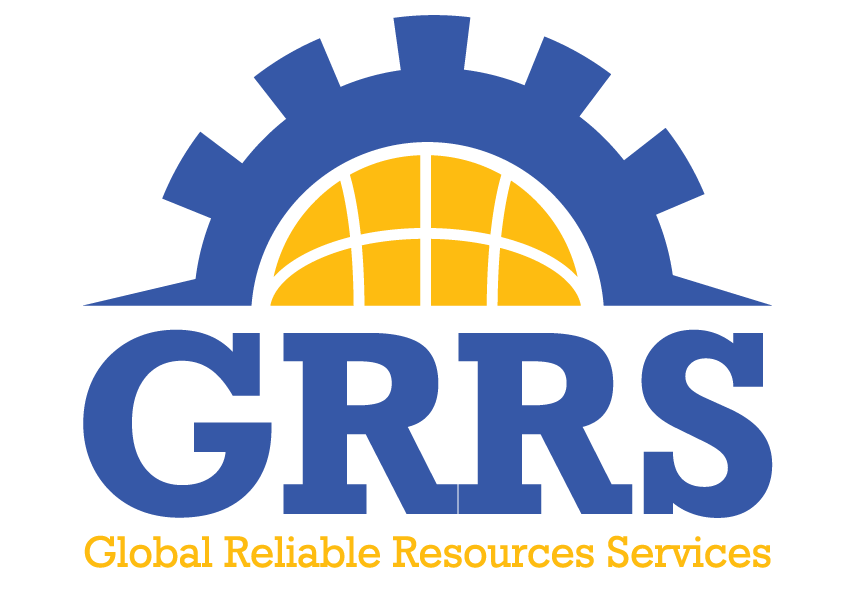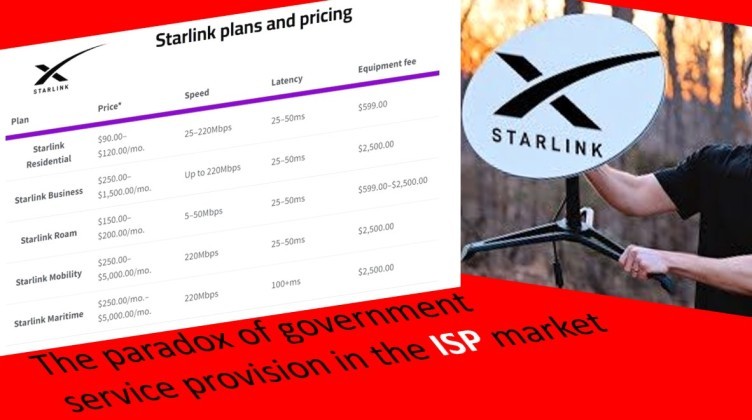The below Facebook post gives a contextual background to this article on the paradox of service provision by GoPNG in the ISP market.

The thought of Starlink as a new entrant into the Internet Service Provider (ISP) market in PNG is perceived as long overdue justice and a welcome relief by users of the present slow and expensive local ISPs. However, as reported, the National Information and Communications Technology Authority (NICTA) has decided that for the interest of existing ISPs in the country, Starlink Satellite Direct to Home Internet will not be legitimised in PNG. This legal regulatory hurdle is now viewed suspiciously as it contradicts the two main aims of government in providing goods and services to the citizens.
The two key objectives of government in serving the people are:
1. Social Efficiency (benefits of producing something must be greater than its cost to society); and
2. Equity Considerations (society’s resources are fairly distributed and shared by all).

In a free market economy and to ensure its objectives are met, the government participates in the market to meet its social obligations by providing public goods and services. But when free market is not distributing equitably and fail to achieve social efficiency, the government intervenes to correct it. Where government is not involved directly it will intervene using various government policies and legal instruments to correct the market. Policy instruments may include taxes and subsidies to correct a monopoly market situation. Legal instruments are executed via regulatory bodies such as NICTA for market share in the ISP market as in this case and ICCC (Independent Consumer and Competition Commission) for price control so monopoly and oligopoly firms as well as State Own Enterprises (SOE’s) do not charge high prices.
SOEs are set up as semi-government businesses to deliver on the two key government objectives of social efficiency and equitable distribution while at the same time strive to become the government’s ‘milking cows’.
From a National Rationalisation perspective, GoPNG would want to protect the ISP market for its SOEs that are participating in that market. Unfortunately from an Economic Rationalisation point of view, the SOEs in the ISP market appear to have contributed to this comparatively slower internet services at higher prices in PNG and defeating the equitable aim of government in providing affordable and efficient services to the people. The intervention by GoPNG into the ISP market by allowing the entry of Starlink into PNG is much anticipated and would be most welcome.
Additionally, since 2013 GoPNG has had consecutive annual National Budget deficits which means revenue was less than expenses. To cover for the shortfall in the budget expenditure, the government had to borrow. Supporting those ‘panting dog’ SOEs in the ICT market would constitute a sizeable part of government expenditure. GoPNG need to have some fiscal discipline to reduce budget deficits and Starlink’s entrant into the ISP market in PNG now provides this opportunity to cut expenditure on continuing to support low performing and high cost SOEs in the ICT market which had failed and continue to not meet government’s aims in providing services in the ISP market segment.
Despite these opportunities to intervene and correct the market as well as to reduce wasteful expenditure and reduce budget deficits, GoPNG is highly unlikely to respond favourably and soundly. One of the dominant reasons for this is that GoPNG had earlier in 2022 already announced plans to launch a satellite and was reported to have projected a cost of K1.4 billion which it would now have probably appropriated in its budget. The current players in this market in PNG are most probably contracted and lined up already for this costly ambitious K1.4 billion project and expected windfall. It is committing to such irrelevant nice-to-have projects in such times that is propping up unnecessary our National Budget into deficits. Starlink’s entrant as a new ISP will nullify this wasteful and unnecessary cost to put a satellite into orbit by GoPNG and not suprisingly this will be rightfully seen as ‘disruptive internet connectivity’ and this is welcome so we can focus on other more needful stuff.

However, given the present position and commitment of GoPNG, do not expect GoPNG to budge easily on the position NICTA will take in pretense to protect the existing ISPs and the market in PNG.

